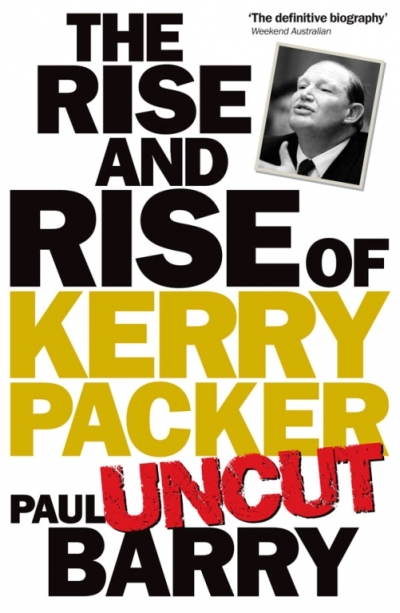Archive
Film | Theatre | Art | Opera | Music | Television | Festivals
Welcome to ABR Arts, home to some of Australia's best arts journalism. We review film, theatre, opera, music, television, art exhibitions – and more. To read ABR Arts articles in full, subscribe to ABR or take out an ABR Arts subscription. Both packages give full access to our arts reviews the moment they are published online and to our extensive arts archive.
Meanwhile, the ABR Arts e-newsletter, published every second Tuesday, will keep you up-to-date as to our recent arts reviews.
Recent reviews
Undiplomatic Activities by Richard Wollcott, illustrations by David Rowe
was all it said
just a tiny message
to let me know
that all the way over there
where she was
... (read more)The World of the Book by Des Cowley and Clare Williamson
On the Road: The original scroll by Jack Kerouac
This Crazy Thing a Life: Australian Jewish biography by Richard Freadman
Three Companions
It is now thirteen years since OUP Australia published the second edition of The Oxford Companion to Australian Literature (nine years after ‘Whitlam, Edward Gough’ launched the first edition). Peter Pierce, generally welcomed OCAL2 in his ABR review (‘A bountiful companion’, December 1994– January 1995): ‘The Oxford Companion to Australian Literature may be a touch too reverential towards its subject, but has enriched its study.’
... (read more)







